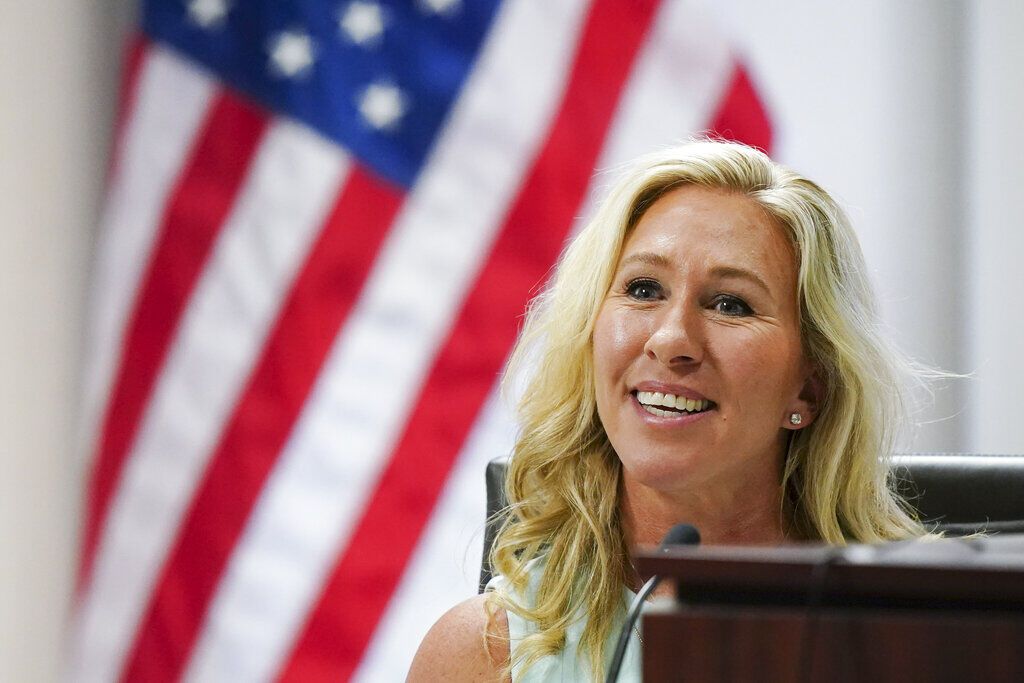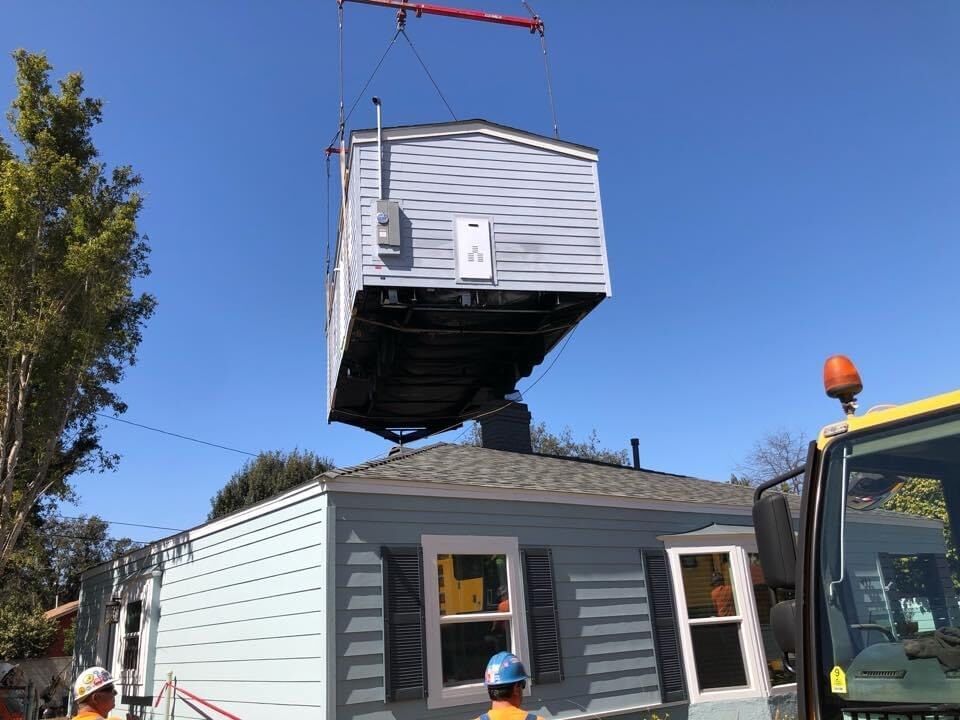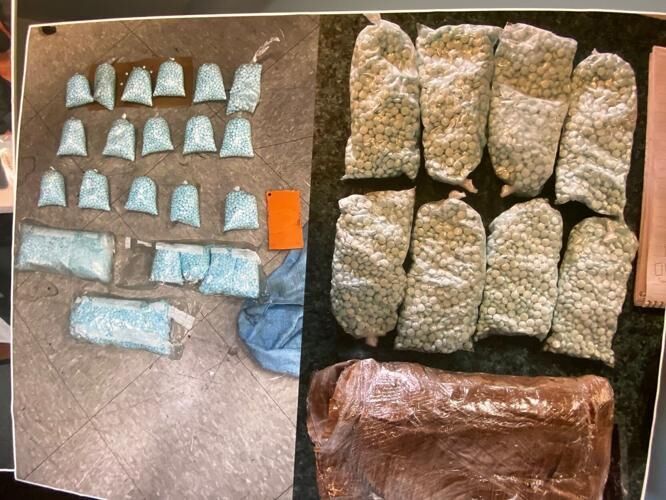Colo. officials await Army’s chemical-weapons destruction plan for Pueblo depot

WASHINGTON, D.C. – Colorado’s state and federal political leaders are cautiously optimistic the U.S. Army will avoid new hazards as it switches to a new process for destroying chemical weapons in Pueblo.
Details of the Army’s changing methods at the Pueblo Chemical Depot are expected to be revealed soon in its upcoming environmental impact assessment.
A division of the Colorado Department of Public Health and Environment must approve any changes.
The Army is destroying 780,000 mortar shells filled with liquid mustard agent. However, some of the decades-old shells contain more rust than expected, meaning the Army must revise its technique for destroying the shells at its $4.5 billion plant.
Part of the proposed method would add chambers that heat the damaged shells to 1,000 degrees.
The Army needs state and local permits to continue with revisions to the program. Some state officials, the Pueblo depot’s Citizens Advisory Commission and members of Congress are expressing concern about the potential hazards.
“The Army’s mission in Pueblo is critical and safety remains the top priority,” a spokesman for U.S. Sen. Michael Bennet, D-Colorado, told Colorado Politics. “We look forward to hearing from the Army about any proposed changes in order to ensure the safety and security of destruction operations.”
Army officials say they must destroy the shells because of an international treaty that bans them. Many of them were manufactured during the Cold War.
About 97,000 of the shells demonstrate structural problems showing they cannot be destroyed by the highly-automated robotic method used for the rest of the stockpile. Instead, they must be placed in detonation chambers that cost $30 million apiece.
Under the current process, if robots are unable to cleanly open some shells, workers must handle them while wearing chemical protective suits.
If there is an accident, the mustard agent could make painful blisters erupt on their skin, inflame their throats and lungs or kill them.
State officials who authorize the permits must consider whether there is risk the chemicals could escape from the depot. A division of the Colorado Department of Public Health and Environment regulates the chemical weapons stockpile storage.
“We have authority to enforce the Colorado Hazardous Waste Regulations, our version of the federal Resource Conservation and Recovery Act,” said Jeannine Natterman, public involvement coordinator for the health department’s Hazardous Materials and Waste Management. “Both apply to the stockpile.”
She was uncertain of details of the Army’s proposal to revise its chemical weapon destruction techniques.
The Army’s “Assembled Chemical Weapons Alternatives program has approached the state health department inquiring about general and very preliminary permitting requirements,” Natterman said. “However, at this point, we have no specific details about their plan and we have not received permit applications or requests for permit modification.”
Nevertheless, many Colorado politicians trust the Army to handle the dangerous chemical weapons appropriately.
“The U.S. Army and local permitting officials have the expertise and relevant information needed to determine the safest route forward for the chemical weapons stockpile in Pueblo County,” said U.S. Rep. Ken Buck, R-Windsor. “I encourage the U.S. Army to work with both state and local officials to properly dispose of these weapons in the safest and most efficient way possible.”
Buck also held out hope the chemical depot would find a worthwhile new life after its mission expires.
“I trust the Army to determine the most productive future use for the weapons depot site, whether it be sale to a private interest or conversion into a nature preserve like the Rocky Flats National Wildlife Refuge,” he said.
State Sen. Leroy Garcia, D-Pueblo, said, “The remaining supply at the Chemical Depot must be safely disposed of as soon as possible. This requires a collaborative effort from multiple fronts including input from the people who live in the area and could potentially be at risk.
Gregory Mohrman, the Army’s site project manager at the Pueblo Chemical Depot, is promising a transparent process for disposing of the mortar shells, including a public comment period and information meetings.
He also tried to reassure that the destruction process is safe.
“A fully-monitored pollution abatement system includes thermal treatment and scrubbers to remove particulates, sulfur-dioxides, chlorine and heavy metals, and contains a robust carbon filtration system to ensure air released back to the environment is clean,” Mohrman said in a statement.
After the chemical weapon process is completed, the Army expects to turn over about 7,000 acres of land at the Pueblo Chemical Depot to non-military development for the local community if there is no additional government use for it.














